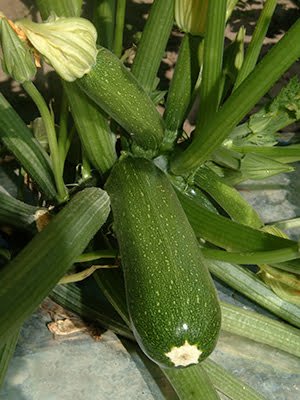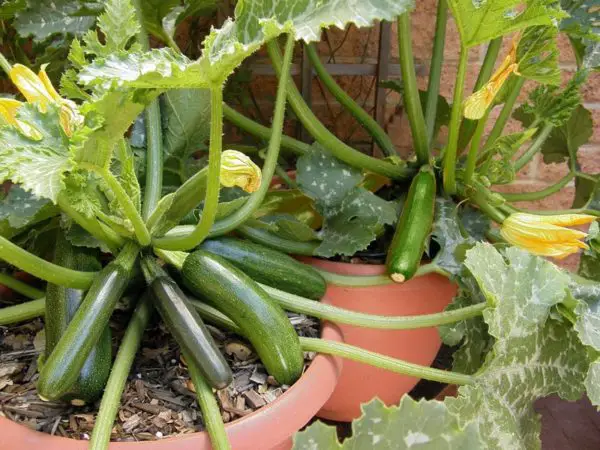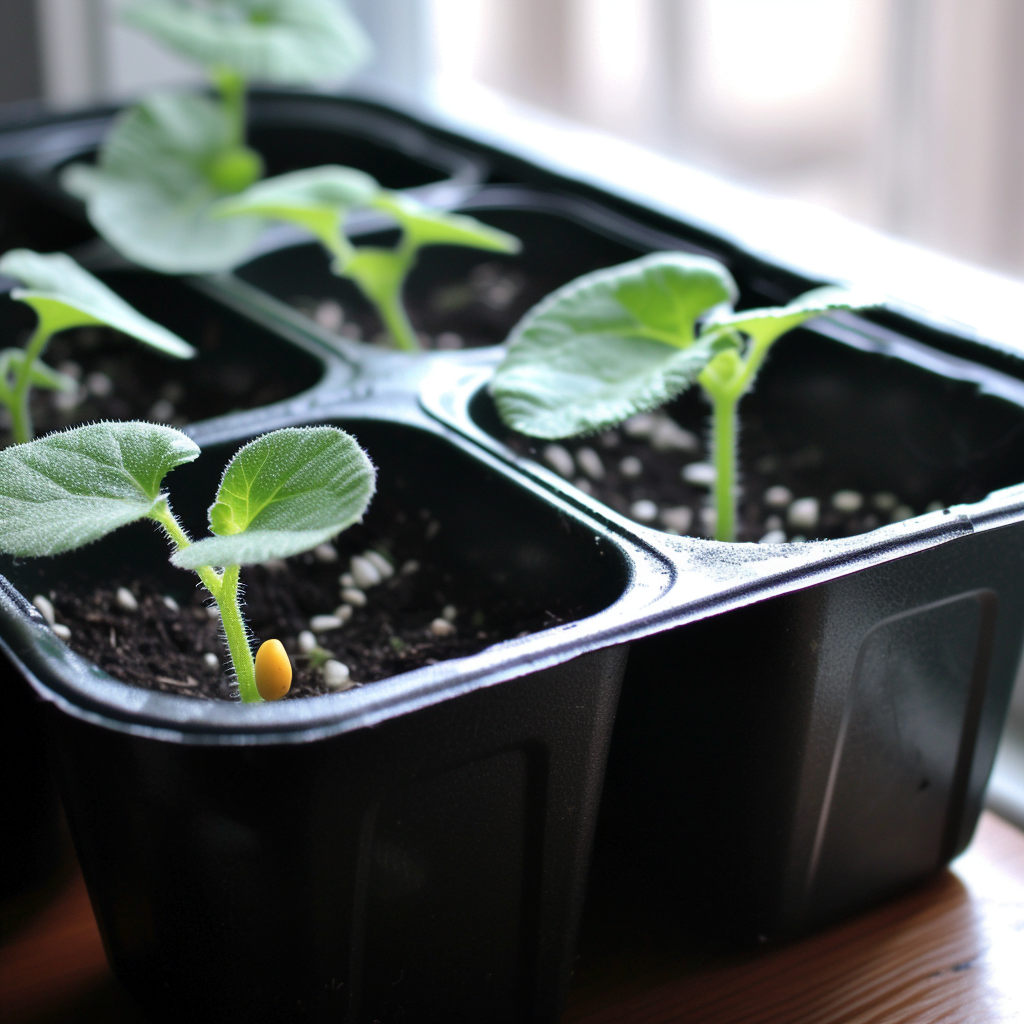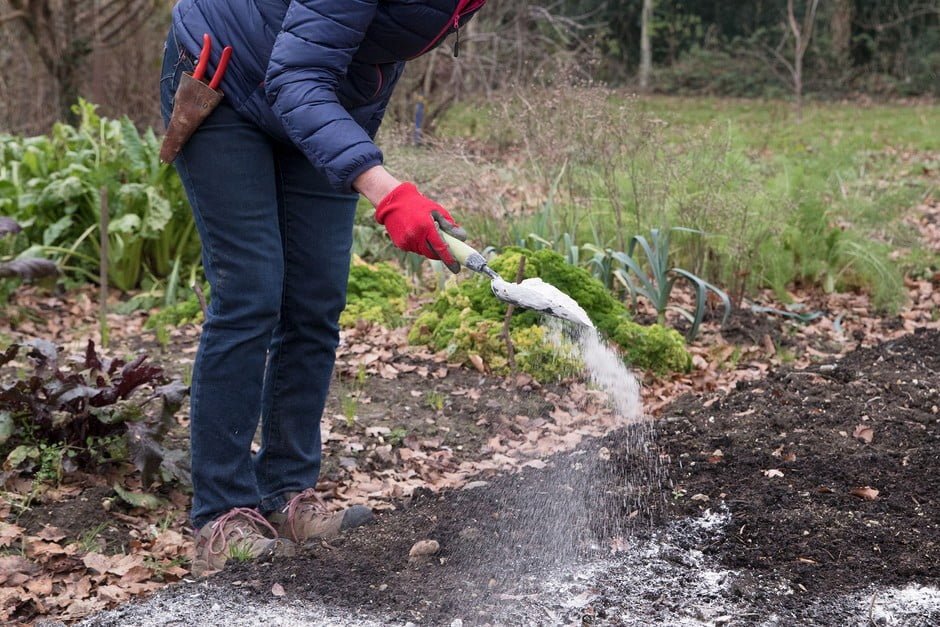If you’re a gardening enthusiast living in sunny Florida, then growing zucchini is a delightful challenge that yields fresh and tasty results. With its vibrant green color and versatility in the kitchen, zucchini has become a favorite vegetable for many Florida gardeners. However, the unique climate and growing conditions in the Sunshine State can present certain obstacles. In this article, we’ll share some invaluable tips and tricks that will help you successfully cultivate zucchini in the Florida soil. From selecting the right variety to combating common pests, we’ve got you covered. Get ready to unlock the secrets of a bountiful zucchini harvest right in your own backyard!
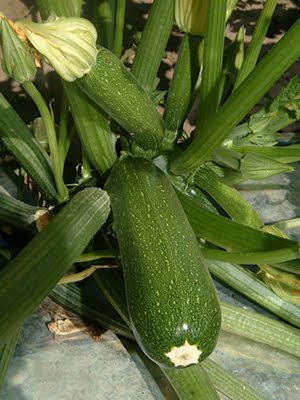
Choosing the Right Variety
Consider the Climate
When choosing a variety of zucchini to grow in Florida, it is important to consider the climate of the region. The extreme heat and humidity can impact the success of your zucchini plants. Look for varieties that are known to thrive in hot and humid climates, as they will have a better chance of flourishing in Florida’s weather conditions.
Select Disease-Resistant Varieties
Florida’s warm and humid climate provides the perfect conditions for plant diseases to thrive. To minimize the risk of diseases, such as powdery mildew and bacterial wilt, choose disease-resistant varieties of zucchini. These varieties are bred to have increased resistance to common diseases, which helps to ensure a healthy and productive crop.
Choose Compact Bush Varieties
Growing zucchini in Florida can be challenging due to limited garden space. To maximize your yield in a small area, opt for compact bush varieties of zucchini. These plants have a more upright growth habit and take up less space, making them a great choice for small gardens or container gardening.
Opt for Early-Maturing Varieties
Florida’s long growing season allows for multiple plantings of zucchini. To ensure a continuous harvest, choose early-maturing varieties of zucchini. These varieties will produce fruit earlier in the season, allowing you to enjoy your fresh zucchini sooner.
Preparing the Soil
Test the Soil Quality
Before planting your zucchini, it is essential to test the soil quality. A soil test will provide valuable information about the nutrient levels and pH of the soil, helping you determine if any amendments are needed. Contact your local cooperative extension office for soil testing kits or services.
Improve Drainage
Proper drainage is crucial for the health of zucchini plants. Florida’s heavy rains can cause waterlogged soil, which can lead to root rot and other problems. Ensure good drainage by amending the soil with organic matter, such as compost or well-rotted manure. Raised beds can also improve drainage and prevent waterlogged soil.
Amend with Organic Matter
Adding organic matter to the soil is beneficial for zucchini plants. Organic matter improves soil structure, increases water retention, and provides essential nutrients. Incorporate well-rotted compost or other organic materials into the soil before planting. This will help create a fertile and healthy growing environment for your zucchini plants.
Maintain the Soil pH
Zucchini plants prefer a slightly acidic to neutral soil pH, ranging from 6.0 to 7.0. It is important to maintain the proper soil pH to ensure optimal nutrient uptake by the plants. Test the soil pH and adjust it if needed using organic amendments, such as lime for acidic soil or sulfur for alkaline soil.
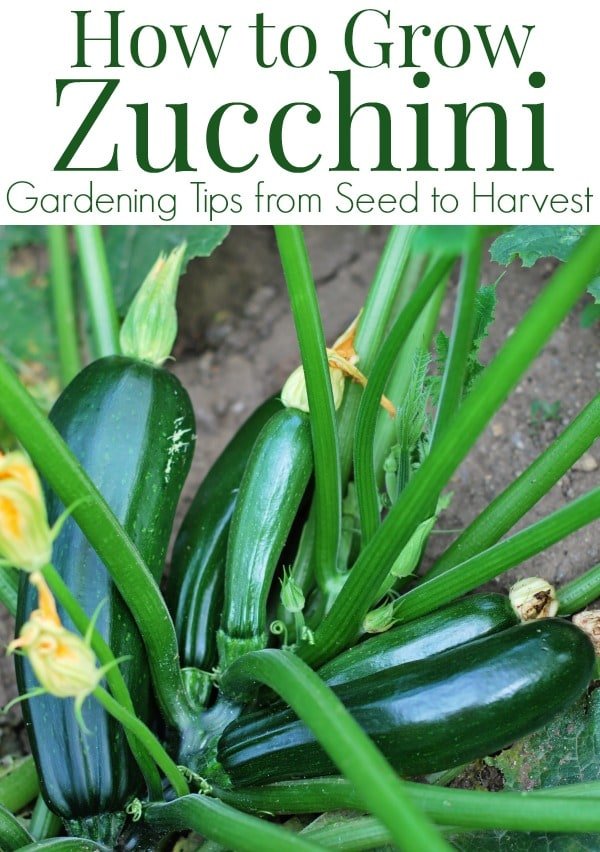
Providing Adequate Sunlight
Select the Right Location
When selecting a location for your zucchini plants, choose an area that receives full sun. Zucchini plants require at least 6 to 8 hours of direct sunlight each day to thrive and produce abundant fruit. Avoid planting in shaded areas or near tall plants that may cast shadows over your zucchini plants.
Ensure Full Sun Exposure
After selecting the right location, ensure that your zucchini plants receive full sun exposure throughout the day. Prune any nearby trees or shrubs that may obstruct sunlight and remove any obstacles that may shade the plants. This will help maximize the growth and productivity of your zucchini plants.
Consider Shade Protection in Summer
While zucchini plants need full sun, Florida’s scorching summer heat can sometimes be too intense for them. Consider providing some shade protection, especially during the hottest part of the day. This can be achieved by using shade cloth or planting taller crops nearby to provide some relief from the intense sun and prevent heat stress.
Watering and Irrigation
Provide Consistent Watering
Watering is crucial for the healthy growth of zucchini plants, especially in Florida’s hot and humid climate. Provide consistent watering to keep the soil evenly moist, but not waterlogged. Water deeply and thoroughly, ensuring that the water reaches the root zone of the plants.
Avoid Overwatering
While it is essential to keep the soil moist, overwatering can be detrimental to zucchini plants. It can lead to root rot, fungal diseases, and poor growth. Avoid overwatering by allowing the top inch of soil to dry out slightly between waterings. Use your finger to test the moisture level of the soil before watering again.
Use Drip Irrigation
Drip irrigation is an effective method for watering zucchini plants, as it delivers water directly to the root zone. This reduces water waste and minimizes the risk of fungal diseases caused by overhead watering. Install a drip irrigation system or use soaker hoses to provide efficient and targeted watering to your zucchini plants.
Mulch to Retain Moisture
Applying a layer of mulch around your zucchini plants can help retain moisture in the soil, reduce weed competition, and regulate soil temperature. Use organic mulch, such as straw or wood chips, and spread it around the base of the plants, leaving a small gap around the stem. This will help keep the soil consistently moist and improve overall plant health.

Fertilizing the Plants
Apply Balanced Fertilizer
Zucchini plants require regular fertilization to support their growth and fruit production. Apply a balanced fertilizer with equal amounts of nitrogen, phosphorus, and potassium. Look for a fertilizer with an NPK ratio of 10-10-10 or similar. Follow the manufacturer’s instructions for application rates and frequency.
Follow a Feeding Schedule
To ensure that your zucchini plants receive the necessary nutrients throughout the growing season, follow a feeding schedule. Start fertilizing when the plants start to develop true leaves and continue every two to three weeks until harvest. This will provide a consistent supply of nutrients and support healthy plant growth.
Use Organic Fertilizers
Organic fertilizers are a great option for growing zucchini in Florida. They release nutrients slowly, improve soil health, and minimize the risk of nutrient runoff and environmental pollution. Use organic fertilizers such as compost, well-rotted manure, or worm castings to provide a sustainable and environmentally friendly source of nutrients to your zucchini plants.
Avoid Excessive Nitrogen
While nitrogen is necessary for plant growth, excessive nitrogen can result in lush foliage with minimal fruit production. Avoid using high-nitrogen fertilizers or over-fertilizing with nitrogen-rich products. Instead, focus on providing a balanced diet of nutrients to promote healthy plant growth and proper fruit development.
Managing Pests and Diseases
Identify Common Pests in Florida
Florida is home to several pests that can damage zucchini plants. Some common pests include aphids, cucumber beetles, squash bugs, and spider mites. Learn to identify these pests and regularly inspect your plants for any signs of infestation. Early detection can help prevent severe damage to your zucchini plants.
Implement Integrated Pest Management
Integrated pest management (IPM) is a holistic approach to pest control that focuses on prevention, monitoring, and environmentally friendly methods. To manage pests in your zucchini garden, use strategies such as companion planting, physical barriers, biological controls (such as beneficial insects), and organic pesticides as a last resort.
Control Fungal Diseases
Florida’s humid climate creates favorable conditions for fungal diseases, such as powdery mildew and downy mildew. To control these diseases, ensure proper air circulation around your zucchini plants by spacing them adequately. Avoid overhead watering and apply fungicides labeled for use on zucchini when necessary, following the instructions carefully.
Prevent Powdery Mildew
Powdery mildew is a common fungal disease that affects zucchini plants in Florida. To prevent powdery mildew, choose disease-resistant varieties, provide adequate air circulation, and avoid overhead watering. If powdery mildew does occur, promptly remove and dispose of infected leaves or treat with organic fungicides.
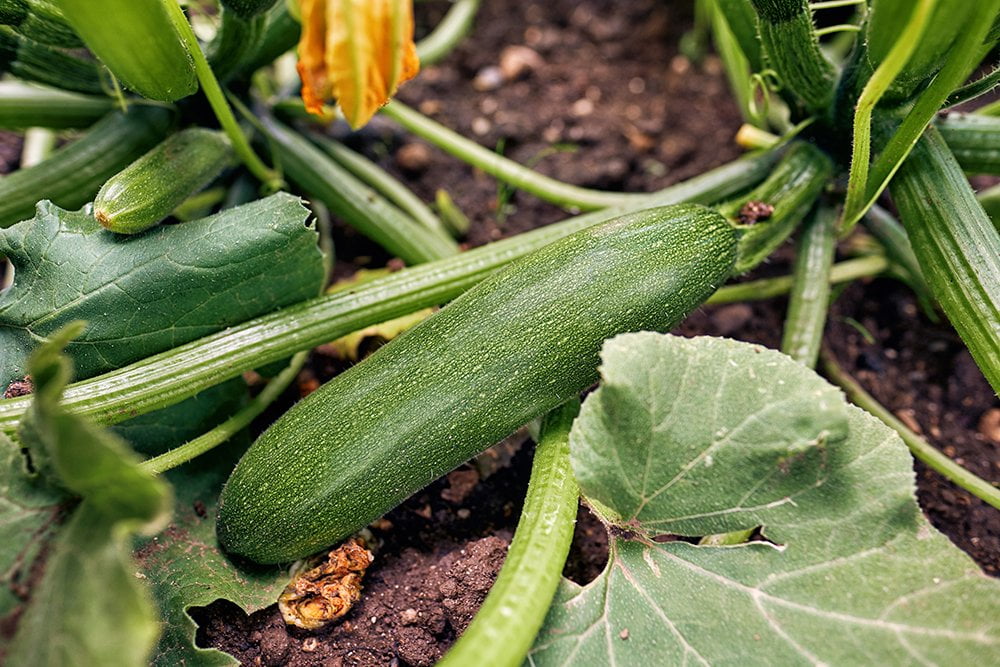
Pruning and Trellising
Train Vines to a Trellis
Trellising zucchini plants can help save space, improve air circulation, and make it easier to manage the plants. As the plants grow, gently train the vine stems onto a trellis or support structure. Use soft ties or plant clips to secure the stems and avoid damaging them. This will help keep the plants upright and prevent sprawling.
Prune for Air Circulation
Pruning your zucchini plants is important for maintaining good air circulation and reducing the risk of fungal diseases. Regularly remove any overcrowded or damaged leaves to allow for better airflow. Be careful not to remove too many leaves as they provide shade to the developing fruits.
Control Plant Size
Zucchini plants have a tendency to sprawl and take up a lot of space. To control the size of your plants and prevent them from sprawling, regularly pinch off the growing tips of the vines. This will encourage bushier growth and help the plants stay more compact.
Remove Diseased Leaves and Fruits
To prevent the spread of diseases, promptly remove any diseased leaves or fruits from your zucchini plants. Infected plant parts can harbor pathogens and reinfect the plant or nearby plants. Dispose of the removed plant material away from your garden to minimize the risk of spreading diseases.
Harvesting the Zucchini
Check for Maturity
Zucchini is ready for harvest when it reaches a length of 6 to 8 inches and has a glossy, firm skin. Check your zucchini plants regularly for mature fruits, as they can quickly grow larger than desired. Harvesting at the right maturity ensures the best texture and flavor of your zucchini.
Harvest Regularly
To encourage continuous fruit production, harvest zucchini regularly. As soon as a zucchini reaches the desired size, gently cut it from the plant using a sharp knife or pruners. Avoid yanking or twisting the fruits, as this can damage the plant and reduce future yields.
Cut Instead of Pulling
When harvesting zucchini, it is important to cut the fruit from the plant rather than pulling it off. Pulling can damage the plant and increase the risk of disease entry. Use a clean and sharp knife or pruners to make a clean cut near the stem of the fruit.
Store Properly
Zucchini is best when consumed fresh, but if you have an excess harvest, store it properly to prolong its shelf life. Keep zucchini in a cool, dark place with good ventilation. Avoid storing them in plastic bags, as this can promote moisture buildup and spoilage. Use the stored zucchini within a week for the best quality.
Save Seeds for Next Season
If you want to save seeds from your zucchini plants for the next season, allow a few fruits to fully mature on the vine. Once the fruits are fully ripe, carefully scoop out the seeds and rinse them in water to remove any pulp. Allow the seeds to air dry completely before storing them in a cool and dry location.
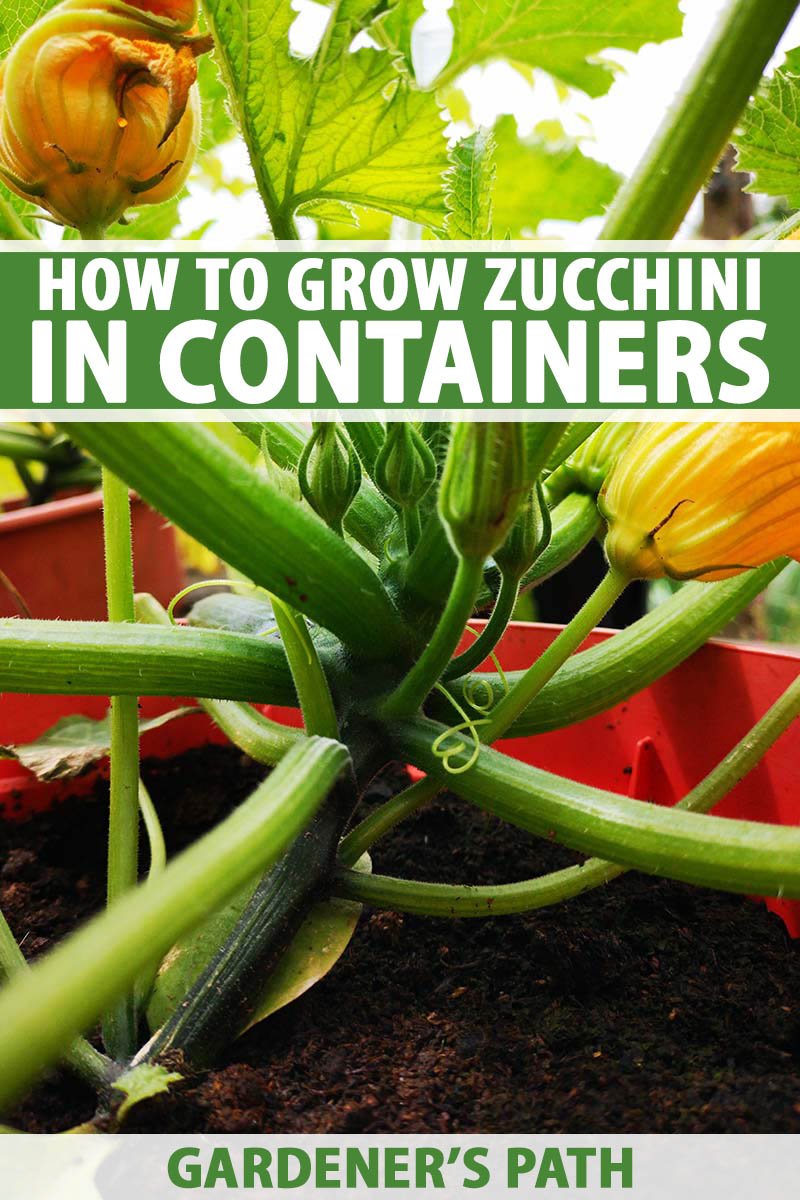
Dealing with Common Challenges
Managing Heat Stress
Florida’s hot climate can cause heat stress in zucchini plants. To manage heat stress, provide shade during the hottest part of the day, use mulch to regulate soil temperature, and ensure adequate watering to prevent water stress. Consider using shade cloth or planting in partially shaded areas to protect your plants from excessive heat.
Protecting from Cold Snaps
While Florida is known for its warm climate, occasional cold snaps can occur during winter months. Protect your zucchini plants from frost by covering them with blankets or row covers when freezing temperatures are expected. Remove the covers during the day to allow for sunlight and airflow.
Preventing Blossom-End Rot
Blossom-end rot is a common disorder in zucchini plants caused by calcium deficiency. To prevent blossom-end rot, maintain consistent soil moisture, provide adequate calcium through balanced fertilization, and avoid excessive nitrogen. Proper soil preparation and watering practices can help minimize the risk of this disorder.
Addressing Pollination Issues
Zucchini plants rely on pollinators, such as bees, for successful fruit set. If you notice poor pollination or misshapen fruits, it could be due to a lack of pollinators. Encourage pollinators to visit your garden by planting flowers that attract them, such as marigolds or lavender. You can also hand-pollinate zucchini flowers by using a small brush to transfer pollen from male to female flowers.
Tips for Success
Start with Transplants
For a head start and quicker harvest, consider starting your zucchini plants from transplants rather than seeds. Transplants are young plants that have been grown in controlled conditions and are ready to be planted in the garden. This can help you get a jump-start on the growing season and increase your chances of success.
Plant in Succession
To ensure a steady supply of fresh zucchini throughout the growing season, plant in succession. Instead of sowing all your zucchini seeds at once, stagger your plantings by a couple of weeks. This will help extend the harvest and prevent a surplus of zucchini all at once.
Monitor and Scout Regularly
Regular monitoring and scouting of your zucchini plants is essential for identifying and addressing any problems early on. Inspect the plants for signs of pests, diseases, or nutrient deficiencies. Look for any irregularities in plant growth, leaf color, or fruit development. By catching issues early, you can take appropriate action to prevent further damage.
Maintain a Clean Garden
A clean and tidy garden can help prevent pest and disease problems in your zucchini plants. Remove any fallen leaves, fruits, or other debris from the garden regularly. This will eliminate hiding places for pests and reduce disease reservoirs. Practicing good garden hygiene is a proactive way to maintain a healthy growing environment for your zucchini.
